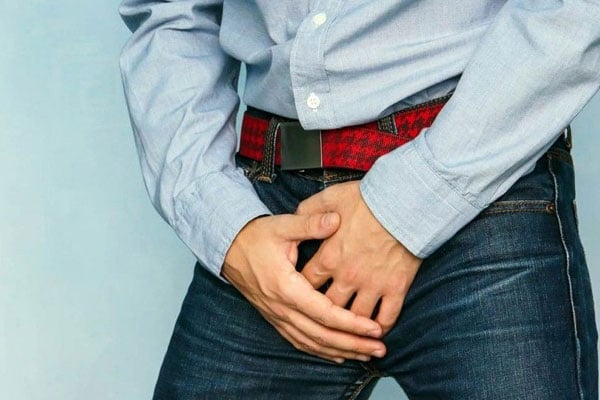Can a man with one testicle have children?

I have only one testicle and because of this, I fear to interact with women. I also only get an erection at night but not during the day. Will I be able to have children?
CM
Dear CM,
On average, a man may get about 11 erections in a day and about four erections at night. Erections do not always happen with sexual excitement and therefore it may not be easy to keep track and count them yourself. This is especially true during the day when you may be too busy to notice them.
At night, men erect during the so-called REM sleep and may wake up to find they have an erection, the reason you think you only get erections at night. These, however, may indicate psychologically induced impotence requiring the intervention of a psychiatrist.
Men normally have two testes which are formed in the abdomen but descend to reach the scrotum at birth. Monorchidism, which is having only one testicle within the scrotum may happen if only one testicle formed, one died before birth or one may not have descended having been arrested in the abdomen.
Accidents, surgical removal, torsion, testicular cancer or infection with mumps in childhood can cause loss of a testicle in one born with two.
Fortunately, the single testis usually enlarges and produces enough testosterone for proper sexual function and male sexual characteristics. Often, this larger single testicle will produce enough sperms to father children.
It is normal for a person who has an abnormality to fear being intimate since he may be ridiculed but take heart that your one testicle will neither affect your potency nor your ability to have children.
Does testicle size determine procreation?
I am 18 years old and have a brother who is 16. However, his testicles are bigger than mine. Will I be able to have children?
Mike
Dear Mike,
Men and boys have two testicles responsible for making sperm as well as the male sex hormone testosterone. Testicular size is determined by genetics and as with every other body part, testicle size varies from person to person, without the smaller testicles being less reproductive.
That said, bigger testes produce bigger volumes of semen and therefore more sperms but this does not make them superior in reproduction unless smaller testicles are so because of a medical problem. XXY chromosome people (Klinefelter’s syndrome) may have smaller testicles associated with infertility and growth of breasts at puberty.
Having enlarged veins in the scrotum (varicoceles), testicular injury, torsion and infection may shrink the testicles so that the once bigger testicles become smaller. However, from 30 years of age, testes grow smaller but maintain their function till in advanced age. Since it may be normal at your age to have smaller testes than your brother, you should not worry about the difference in size of the testes.




